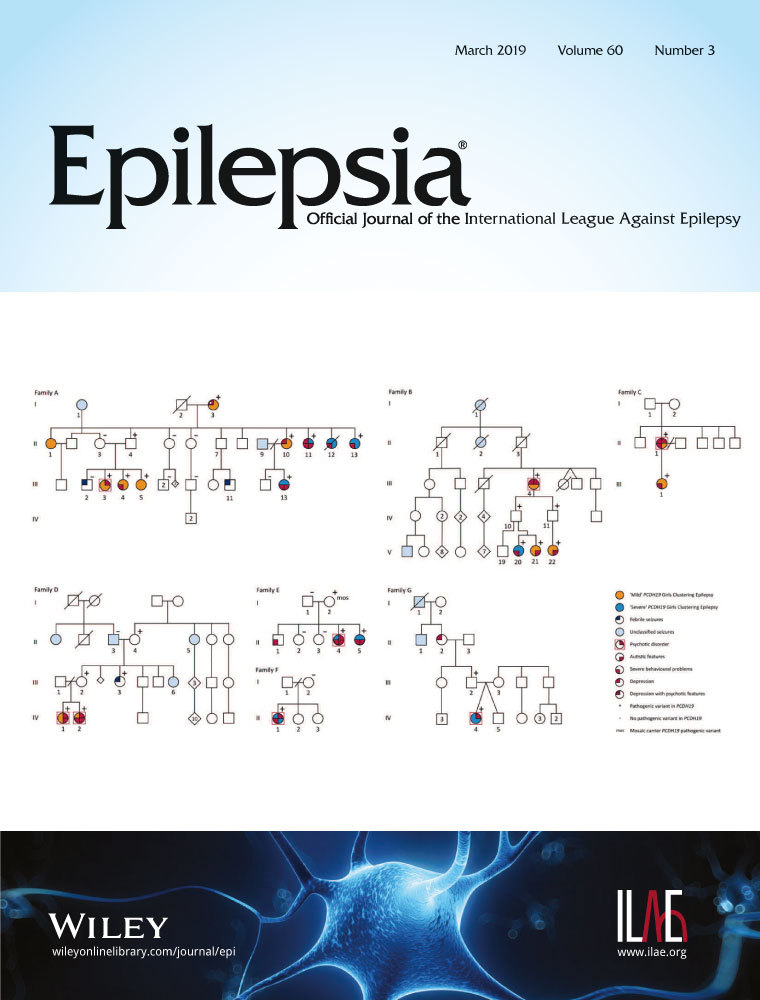Functional MRI and direct cortical stimulation: Prediction of postoperative language decline
Summary
Objective
To assess the ability of functional MRI (fMRI) to predict postoperative language decline compared to direct cortical stimulation (DCS) in epilepsy surgery patients.
Methods
In this prospective case series, 17 patients with drug-resistant epilepsy had intracranial monitoring and resection from 2012 to 2016 with 1-year follow-up. All patients completed preoperative language fMRI, mapping with DCS of subdural electrodes, pre- and postoperative neuropsychological testing for language function, and resection. Changes in language function before and after surgery were assessed. fMRI activation and DCS electrodes in the resection were evaluated as potential predictors of language decline.
Results
Four of 17 patients (12 female; median [range] age, 43 [23-59] years) experienced postoperative language decline 1 year after surgery. Two of 4 patients had overlap of fMRI activation, language-positive electrodes in basal temporal regions (within 1 cm), and resection. Two had overlap between resection volume and fMRI activation, but not DCS. fMRI demonstrated 100% sensitivity and 46% specificity for outcome compared to DCS (50% and 85%, respectively). When fMRI and DCS language findings were concordant, the combined tests showed 100% sensitivity and 75% specificity for language outcome. Seizure-onset age, resection side, type, volume, or 1 year seizure outcome did not predict language decline.
Significance
Language localization overlap of fMRI and direct cortical stimulation in the resection influences postoperative language performance. Our preliminary study suggests that fMRI may be more sensitive and less specific than direct cortical stimulation. Together they may predict outcome better than either test alone.




